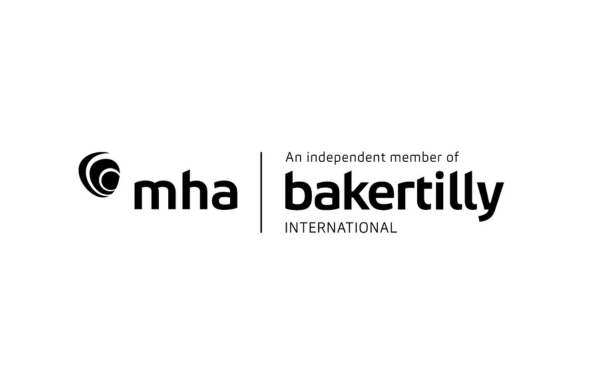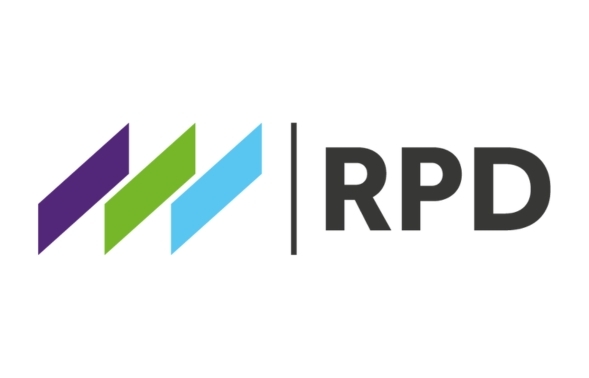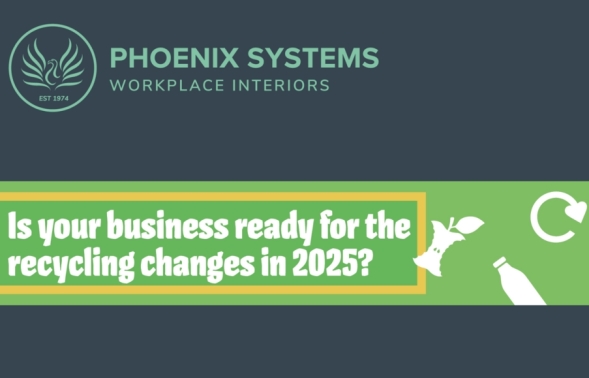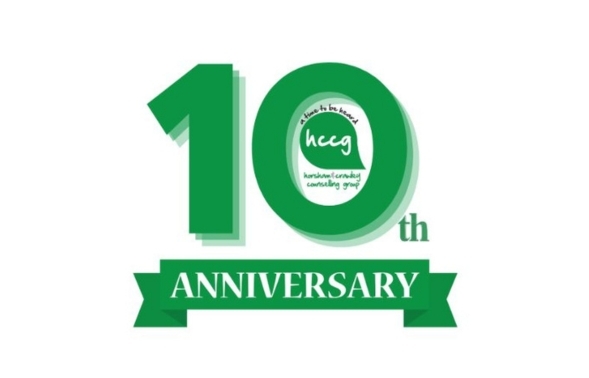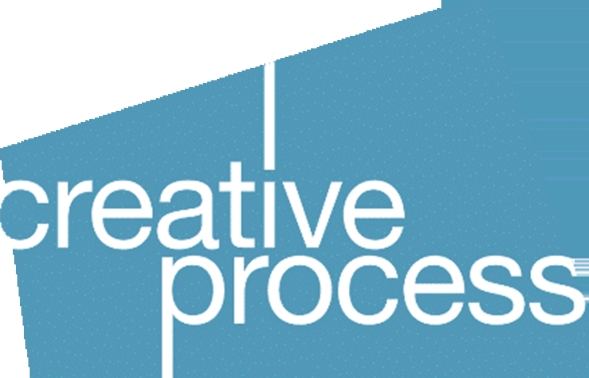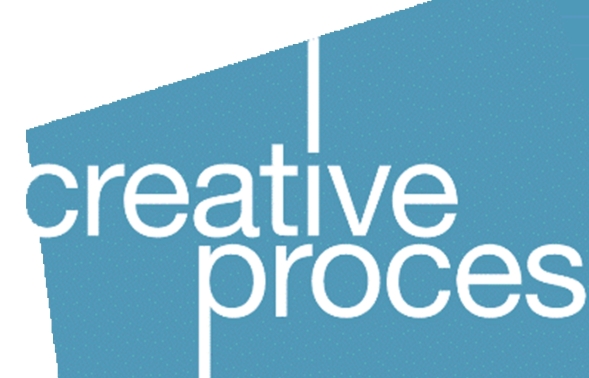Investment & Tax webinar now available
If you weren't able to catch our webinar last week, you can watch the recording.
In this year's Spring Budget, there were a number of measures announced that may have an impact on your future financial position. Managing your affairs in a complex and evolving tax system is a challenge that needs sound financial planning.
This webinar provides an overview of the current financial landscape, how the changes will affect you and help you to plan ahead for the next tax year and beyond.
Topics
- Budget updates: what do they mean?
- Changes to pension allowance and private pension age
- Why it's important to continuously monitor your financial plans
- Future planning considerations
The Kickstarter Scheme: How does it work?
Last September, the Department of Work and Pensions (DWP) launched the £2 billion Kickstart Scheme, designed to create fully subsidised new job placements lasting 6 months for young people across the country.
The placements are open to those aged 16-24 who are on Universal Credit and at risk of long-term unemployment.
Employers of all sizes can apply for funding which covers:
- 100% of the National Minimum Wage (or the National Living Wage depending on the age of the participant) for 25 hours per week for a total of 6 months
- Associated employer National Insurance contributions
- Employer minimum automatic enrolment contributions
Employers can spread the start date of the job placements up until the end of December 2021. Further funding is available for training and support so that young people on the scheme can get a job in the future.
Find out more about the Scheme
Recovery Loan Scheme: A guide
Launched on 6 April 2021, the Recovery Loan Scheme (RLS) is aimed at providing financial support to qualifying UK businesses as a result of the coronavirus pandemic.
The scheme replaces the now closed Coronavirus Business Interruption Loan Scheme (CBILS) and Bounce Back Loan Scheme (BBLS). The financial support available by the scheme is available for any legitimate business purpose, including managing cashflow, investment and growth.
The key aim of the RLS is to improve the terms on offer to UK businesses. However, if a lender can offer you the choice of a commercial loan on better terms, without requiring the guarantee provided by the RLS, they are required to do so.
Businesses that have already borrowed from any of the other Coronavirus loan schemes; Bounce Back Loan Scheme (BBLS), Coronavirus Business Interruption Loan Scheme (CBILS) or Coronavirus Large Business Interruption Loan Scheme (CLBILS), are still able to access RLS. However the amount already borrowed under an existing scheme may limit the amount available to borrow under RLS.
Growth grants for businesses
Find out what business support you could be entitled to.
Since the easing of National Lockdown and COVID-19 restrictions began on 29th March, the government have continued to provide businesses in key sectors with ongoing support in the form of a range of funded grants in order to help them re-open safely.
- The Restart Grant scheme supports businesses in the non-essential retail, hospitality and leisure, personal care and accommodation sectors with funding broken down into two sector strands.
- The Additional Restrictions Grant (ARG) supports businesses that are not covered by other grant schemes or where additional funding is needed. It support businesses that are severely impacted by restrictions that may or may not be in the business rates system.
Find out more about the available grants
New enhanced loss relief may result in extra tax refunds
In the Spring Budget it was announced that the normal one year carry back for trading losses would be extended to three years.
This means that many businesses that have made losses during the COVID-19 pandemic may be able to obtain a repayment of tax paid in that three-year period. This enhanced carry back applies to unincorporated businesses as well as limited companies and the details are set out in the latest Finance Bill.
For corporation tax purposes the loss-making accounting period must end between 1 April 2020 and 31 March 2022 to qualify for the three year carry back. For unincorporated businesses, the trading loss must be incurred in 2020/21 or 2021/22.
International tax and transfer pricing update
Due to the coronavirus pandemic and the recent agreement reached regarding the UK's future relationship with the EU, finance teams of international businesses are currently very busy.
This article provides details of some important recent developments that should be at the top of the list.
Transfer pricing enquiries
HMRC has recently sent out another round of "nudge" letters in relation to transfer pricing, asking some UK businesses of multinational enterprises to review their transfer pricing arrangements and consider whether appropriate profits have been attributed the UK in relation to the value created, or whether profits have been diverted away from the UK.
This is the latest in a series of letters that HMRC have issued as part of its profit diversion compliance facility ("PDCF") initiative.
Read about the PDCF initiative
Webinar recording is now available
On 22 April 2021, the METALL forum hosted an online panel webinar to discuss the state of the manufacturing sector, listen to industry experts and manufacturers, and talk about what the future may hold for the sector.
Topics covered:
- State of the sector: Chris Beck, Editor at Manufacturing Management, provided an overview of how the sector looks today, and offered his thoughts on how things may change over the next 6-12 months.
- View from the frontline: Kathy Caton from Brighton Gin and Alan Edmonds from SI Protech discussed how they've coped and adapted to COVID and Brexit, and what the future holds for them.
- Questions answered: The panel included experts from MHA Carpenter Box, DMH Stallard and Coast to Capital, answering questions around contracts, trading, funding and other topical issues for the sector.
If you were unable to attend the webinar, you can watch the full video on the METALL website.
Corporate Criminal Offences: is your business at risk?
The Corporate Criminal Offence of Failure to Prevent the Facilitation of Tax Evasion was included in the Criminal Finances Act 2017 and has applied since 30 September 2017.
Although this did not change existing laws on tax evasion, it made it easier to prosecute companies or partnerships, rather than an individual.
Effectively, under the legislation, a business could be guilty of a criminal offence if an employee or associated person facilitates another person's tax evasion. This applies even if the senior management of the business was not involved in, or aware of, what was going on.
HMRC has set out 6 guiding principles that businesses should take into account in establishing reasonable prevention procedures.
Read more about protecting your business
How to improve cash flow for medical practices
Medical Practices continue to face uncertainty over the longevity of income streams and the impact on predicting future cashflows.
The impact of the renegotiation of APMS baselines to mirror GMS, PMS clawback, the phasing out of the correction factor and enhanced services reducing and has made life difficult for practices to maintain profits.
Practice Managers need to explore new income streams and review current spending to see if changes will enable increased profitability whilst not compromising the quality of care provided.
Find out more about improving your cash flow
Academies Accounts Direction 2020 to 2021
With the Summer term approaching, The Education and Skills Funding Agency (ESFA) has recently released the Academies Accounts Direction 2020 to 2021.
The most noticeable change is that the Direction has been separated into three individual documents as follows:
- Academies Accounts Direction 2020 to 2021
- Academies model accounts 2020 to 2021
- Framework and guide for external auditors and reporting accountants of academy trusts
Our Academies team provides a summary of the key changes.
MHA Carpenter Box Financial Advisers news update
Read the April newsletter!
April is here and spring has well and truly sprung. We're seeing clearer skies and warmer weather to signal the end of a winter season that for many has seemed to last longer than usual. Along with the warmer weather we have also seen the first changes of the Government's Covid exit plan come into effect: as schools break up for their Easter holidays, outdoor gatherings for either six people or two households are back on the cards. Something as simple as a socially distanced picnic is a very welcome addition to a warm April weekend.
This newsletter covers:
- Recent financial movements within the UK, including industry updates and the state of the economy
- European news
- A global overview: the US, Far East and Emerging Markets
Resources:
- Budget Summary
- Tax Rates 2021-22
- Financial Update April newsletter
- Not for Profit Update - April 2021
- MHA Real Estate Matters - April 2021
- IR35 Fact Sheet
- MHA Agriculture & Rural Business Newsletter - Issue 1
- Business Support Guide: Winter 2021
- Brexit Deal: What we know
- Academy Advisor - Winter 2020/21
- The Momentum of Electric Vehicles
30 April 2021
- Deadline for filing of accounts with Companies House for accounting periods ended 30 April 2020 and 31 July 2020
03 May 2021
- Forms P46(Car) for the quarter ended 5 April (where benefits are not payrolled) to reach HMRC.
05 May 2021
- Employment intermediary's quarterly report (6 January to 5 April) of agency workers paid gross (the end-user organisation can be classed as the employment intermediary in some circumstances).
07 May 2021
- VAT returns and payments due for Accounting Quarter period ending 31 March.
14 May 2021
- Last day to make CJRS claims for April.
- Deadline for electronic remittance of PAYE, NICs and CIS to HMRC.
- Last date to amend a CJRS claim for April where it has been underclaimed.
- P60s to be given to all employees.
- Deadline for filing of accounts with Companies House for accounting periods ended 31 May 2020 and 31 August 2020.













